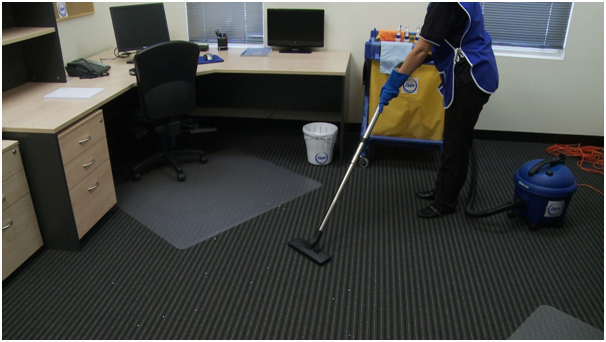Are you an Obsessive Cleaner?
Some people suffer from an obsession with cleaning. Yes, it’s true – some people really can’t stop cleaning. For some, it’s such an addiction that they will clean, scrub, polish, vacuum, dust and then start all over again. They cannot function without first cleaning everything and their whole lives revolve around their all-encompassing cleaning schedule. Whilst it’s a good quality to be organised, tidy and proud of your home, by taking an activity to its extreme lengths, it can destroy a person’s mental health, personal relationships and physical health. The key to happiness and health is balance in all things.
Why do people suffer from obsessive cleaning?
For some, cleaning is seen as something that successful or good people do. It can soon become an activity people feel compelled to do for outward appearances or to feel that their life is working and they’re in control. For others, it’s a deeper-rooted problem of fear over germs, illness or contamination.

Here are some useful steps for those who feel their cleaning routines are taken control of their lives:
- Relax
Most types of obsessive behaviour feed off anxiety, so it’s important to learn some relaxation techniques. It’s important to rid those thoughts that tell you if you clean you will stop something bad from happening.
- Break up your routine
Withdrawing from any habit-forming activity must be done in small stages. You don’t need to go cold turkey – after all some level of cleaning is desirable. Relaxing deeply before you start cleaning and starting your schedule later than usual is a good place to start. By getting more creative with your routine, it will start to lose its tight grip on you bit by bit.
- Other environments
It can be helpful for obsessive cleaners to think about relaxing in areas they go where they have no control over the cleaning, such as the workplace. If they can feel good in these places, then they’ll learn how to feel calm and relaxed when thinking about not cleaning too. Workplaces are always cleaned to the highest standards with professional Cheltenham Office Cleaning.

- The bigger picture
A problem with obsessive cleaning is often indicative of wider anxieties that might need to be identified before the cleaning can ease.
- Concentrate on what’s really bothering you
Some therapy might be beneficial to discover if there are deeper reasons for a cleaning obsession. If there is a fear of contamination, where is this coming from? Is the cleaning an attempt to scrub away a problem somewhere else in your life? If so, it won’t make the issue any better as you’re focusing in the wrong place.


